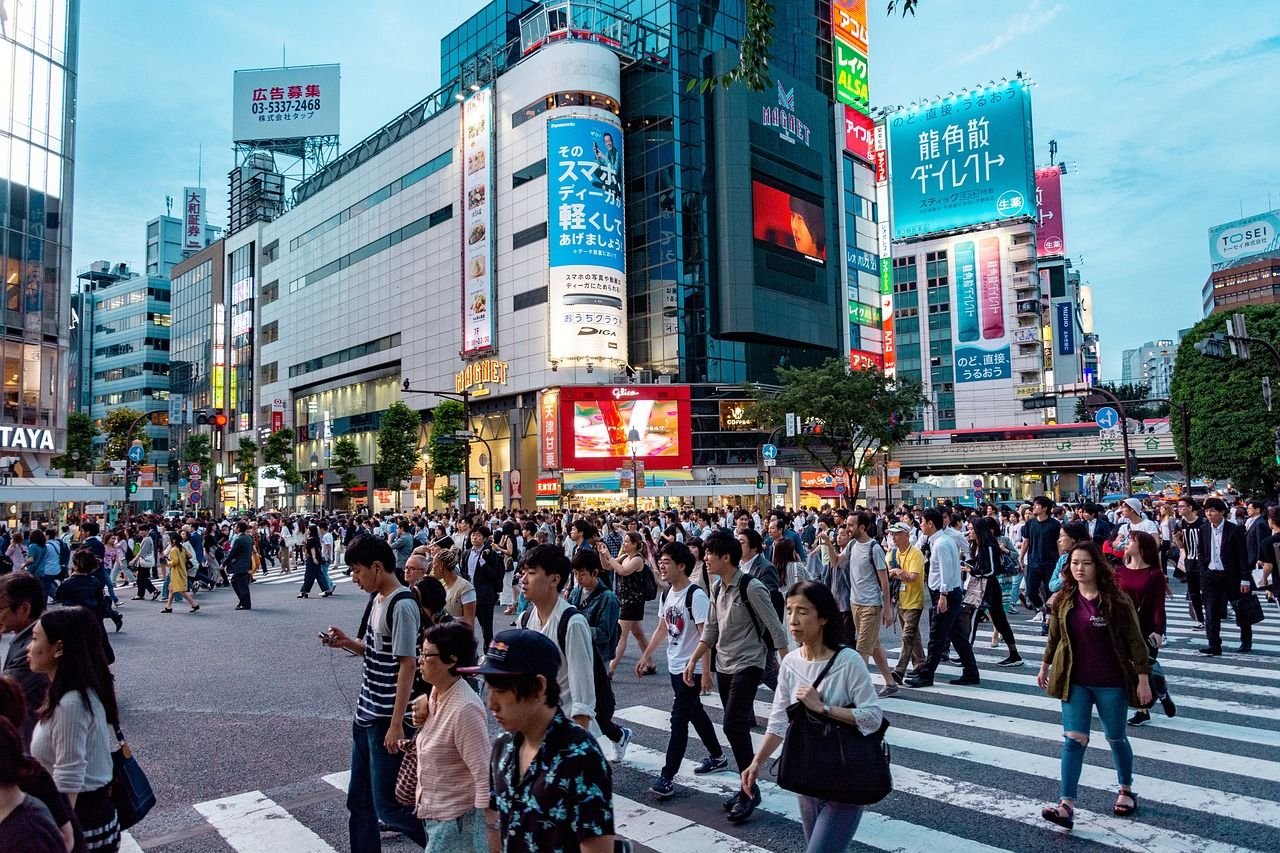Since launching 12 years ago, Bankless Times has brought unbiased news and leading comparison in the crypto & financial markets. Our articles and guides are based on high quality, fact checked research with our readers best interests at heart, and we seek to apply our vigorous journalistic standards to all of our efforts.
BanklessTimes.com is dedicated to helping customers learn more about trading, investing and the future of finance. We accept commission from some of the providers on our site, and this may affect where they are positioned on our lists. This affiliate advertising model allows us to continue providing content to our readers for free. Our reviews are not influenced by this and are impartial. You can find out more about our business model here.
Recently, Japan stepped up its crackdown on non-compliant crypto exchanges unlike in the US. In an unprecedented move, Japan’s top financial agency took steps to block their crypto apps in the country.
On Friday, February 7, Nikkei reported that Japan’s Financial Services Agency (FSA) ordered Apple and Google to remove five crypto apps from their stores. The apps belong to the crypto exchanges Bybit, MEXC Global, LBank Exchange, KuCoin, and Bitget.
Enforcement action against exchanges that failed to register with the FSA occurred last week. However, Apple already complied with the request, removing all five apps from its App Store on February 6.
Apple stated that they warned the companies not to operate in Japan, but they didn’t comply.
金融庁からの海外無登録暗号資産交換業を行う名称についてhttps://t.co/V0LinQraIr
Appleの場合、利用可能対象地域のApple IDを作成する事でインストール、アップデートが可能。
方法は以下参照 https://t.co/cNbHgCQNFS
This was the first time Japan’s FSA took similar action by directly blocking crypto apps, which came after several warnings. The companies previously appeared on the list of virtual exchanges that operate in Japan without a license.
The FSA requires that all crypto exchanges register with the agency to operate in Japan legally. The registration aims to ensure compliance with international regulations and a degree of investor protection. Moreover, in 2023, Japan introduced stricter anti-money laundering rules for crypto exchanges.
Earlier, the Japanese FSA criticized Binance, the largest crypto exchange in the world. In response, in 2022, the exchange acquired the Sakura Exchange BitCoin to enter the Japanese market.
Japan’s strict regulatory framework is partially due to major crises in the past. Notably, it stemmed from the collapse of Mt. Gox in 2014. The Tokyo-based company was once the largest Bitcoin exchange in the world. However, it collapsed after hackers stole as much as 850,000 BTC.
The Mt Gox incident prompted Japan to enact stringent measures to protect investors. In this context, the latest enforcement action against five non-compliant exchanges is interpreted.
For instance, blockchain expert Anndy Lian explained that this move does not target retail investors. Instead, he suggested that authorities are enforcing the rules that protect smaller investors.
READ MORE: 3 Reasons Litecoin Price May Surge 125% Soon
Since launching in 2012, Bankless Times is dedicated to bringing you the latest news and informational content within the alternative finance industry. Our news coverage spans the whole crypto-sphere so you’ll always stay up to date — be it on cryptocurrencies, NFTs, ICOs, Fintech, or Blockchain.




